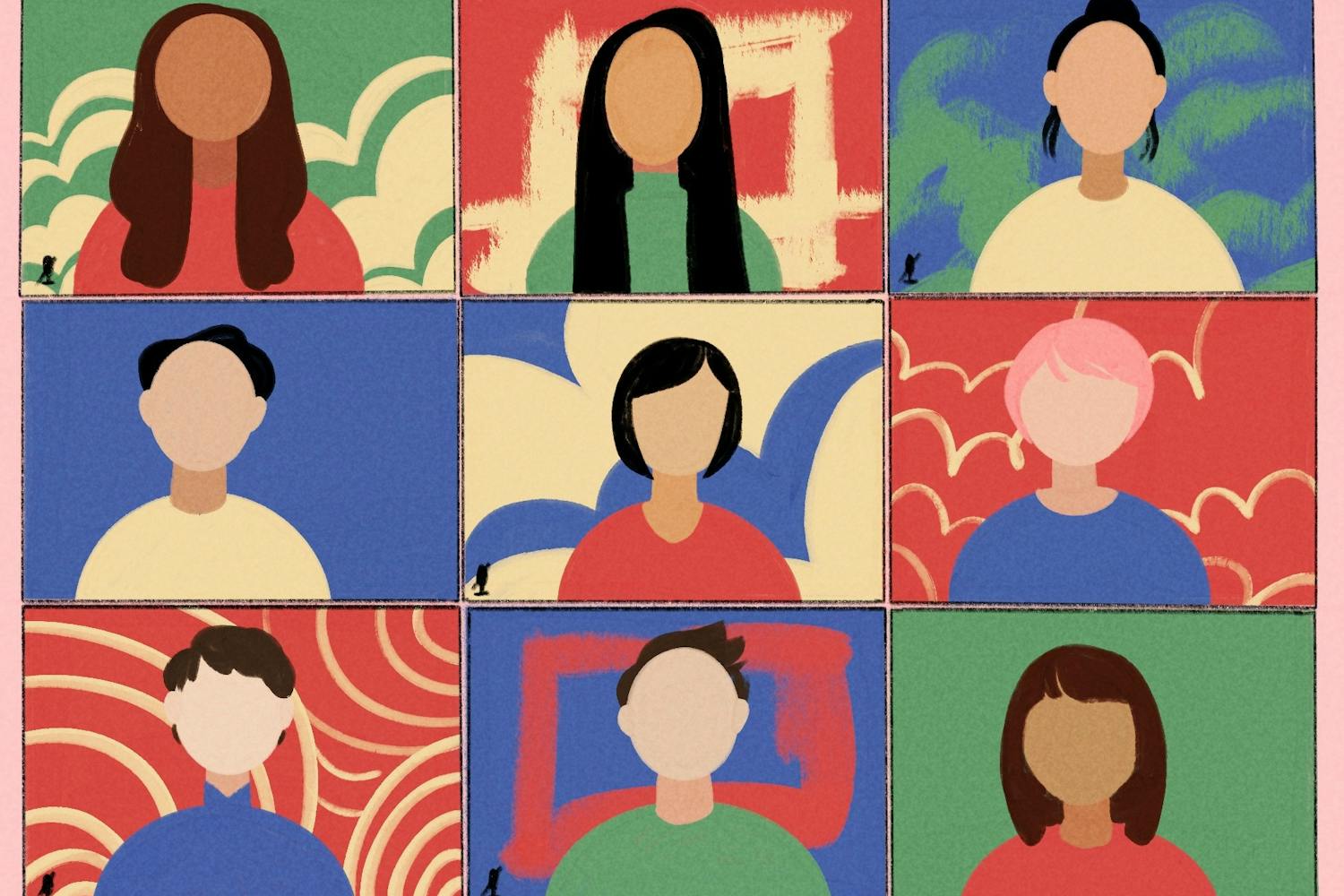I was 12 years old when planes crashed into the Twin Towers. The color drained from my teacher’s face. We halted our algebraic equations and focused our attention on the television. Footage of the towers, collapsing into rubble, played repetitively for weeks.
For months following 9/11, our nation of strangers was unified, connected intimately, by fear. Over a decade later, the words "jihad," "terrorism," "war," still govern public discourse. By equating Islam with terrorism, we have forgotten that terrorism is defined by action, not by the religion or race of its perpetrator.
And yet I woke the Sunday of the Sikh temple shooting and found only a single news station covering the story. Others mentioned the shooting briefly before returning to their scheduled programming. I did not witness the level of anger, sadness, empathy, or unity that I remembered feeling after 9/11. People dismissed the event as “tragic,” and sensing no further threat, continued with their day.
Wade Michael Page entered a Sikh temple on Aug. 5 and shot indiscriminately into the congregation. Seven people were killed, including Page, who took his own life after he was injured by a police officer.
How different would the response be if the same man massacred the congregation of a Lutheran church? Would we finally be ready to redefine our limited view of domestic terrorism?
Are we prepared to confront the reality that the man we are sitting beside, similar to us in every physical way, is more likely to shoot us than the crowd of Muslims in the masjid down the street?
In a sincere effort to abate domestic terrorism, our law enforcement has narrowed its scope to fit the “profile” of a terrorist: young, brown, discontented, Muslim. Terrorist acts committed by violent right-wing or white offenders are reduced to isolated “tragic events.” Rather than encouraging public discourse and expanding the terrorist profile beyond radical jihadists, these acts of violence lead to discussions on gun control. These debates drive our nation further apart without ever addressing the central issues of racism, violence, and the new face of domestic terrorism.
Since 2000, the number of hate groups has increased by 69 percent, according to the Southern Poverty Law Center. Even more unsettling is the growth of the anti-government “Patriot” movement, the same movement responsible for the Oklahoma City bombing. Within the first three years of the Obama administration, patriot groups increased by 755 percent, from 149 in 2008 to 1,274.
Page exemplifies this new threat. He was also a “patched” or full member, of Hammerskin Nation, a group that the SPLC calls the most organized and violent neo-Nazi skinhead group in the U.S. Hammerskin Nation boasts over 19 domestic and international chapters.
Still, the media regards this incident as a lone, senseless tragedy. Unprepared to address the burgeoning racism and radicalism in our society, or re-evaluate our tired, narrow view of terrorism, we busy ourselves until the next “isolated incident.”
Contact the columnist at cmjacks7@asu.edu. Follow the columnist @JacksonCrista.



